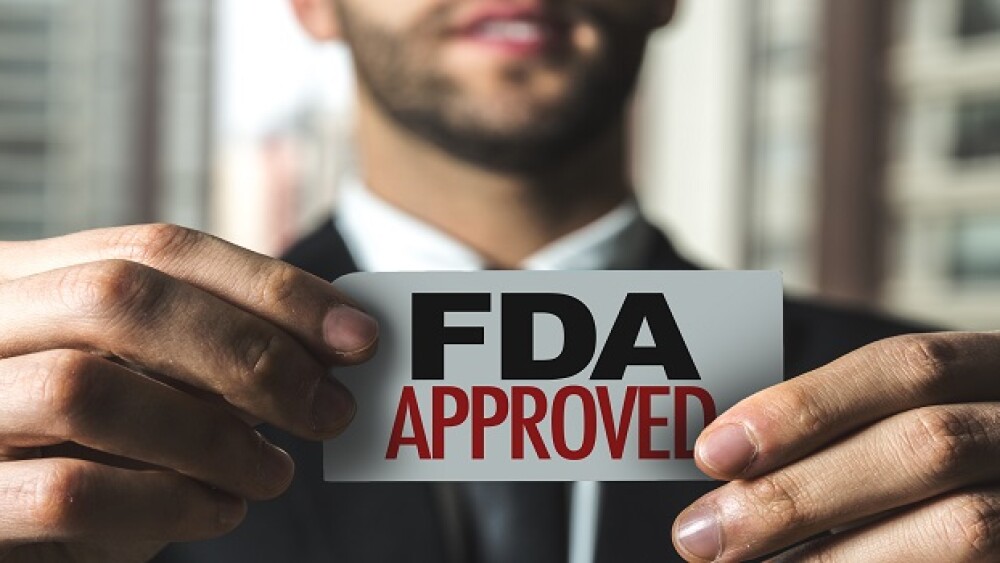The approval of Beovu was based on findings from the Phase III HAWK and HARRIER clinical trials, in which Novartis’ drug demonstrated non-inferiority versus Eylea in mean change in best-corrected visual acuity at 48 weeks.
The U.S. Food and Drug Administration (FDA) approved Novartis’ Beovu (brolucizumab-dbll) for the treatment of wet age-related macular degeneration (AMD), after it stood up to Regeneron’s Eylea (aflibercept) during clinical trials.
The approval of Beovu was based on findings from the Phase III HAWK and HARRIER clinical trials, in which Novartis’ drug demonstrated non-inferiority versus Eylea in mean change in best-corrected visual acuity (BCVA) at 48 weeks. In both clinical trials, approximately 30% of patients gained at least 15 letters at that time.
The approval from the FDA marks the first approved anti-VEGF that offers both greater fluid resolution versus aflibercept and the ability to maintain eligible wet AMD patients on a three-month dosing interval immediately after a three-month loading phase with uncompromised efficacy, Novartis said this morning. During clinical testing, Beovu hit a number of endpoints, including vision gains that were non-inferior to Eylea at one year, with longer treatment intervals in a majority of patients, the Swiss pharma giant said. Beovu also demonstrated greater reductions in central subfield thickness, which is a key indicator of fluid in the retina as early as 16 weeks after induction. At one year, the reduction was greater than Eylea, Novartis added.
In the two Phase III clinical trials that served as the basis for the FDA’s approval, more than half of patients taking Beovu were able to maintain a dosing regimen every three months. In the HAWK trial, 56% of patients stuck to the treatment schedule and in the Phase III HARRIER trial, 51% did so. Less frequent injections are seen as preferable for patients as many wet age-related macular degeneration patients tend to quit frequent treatments, Novartis noted.
Wet AMD is a chronic, degenerative eye disease caused by an excess of VEGF, a protein that promotes the growth of abnormal blood vessels underneath the macula, the area of the retina responsible for sharp, central vision. Fluid that leaks out of these abnormal blood vessels disrupts the normal retinal structure and ultimately damages the macula. Beovu is engineered to deliver the highest concentration of drug, providing more active binding agents than other anti-VEGFs, the company said. By inhibiting VEGF, Beovu suppresses the growth of abnormal blood vessels and the potential for fluid leakage into the retina, Novartis added. Wet AMD distorts central vision and ultimately causes blindness. It is estimated that about 1.75 million people in the United States will be living with wet AMD and about 20 million people around the world.
Marie-France Tschudin, president of Novartis Pharmaceuticals, pointed to the success Novartis has had in developing a drug that can be administered once every three months. She said competing wet AMD products are not as effective at that dosing interval.
“Beovu is the first to offer less frequent dosing in the first year of therapy while maintaining its effectiveness. This gives more time for wet AMD patients to focus on what’s important in their lives,” Tschudin said in a statement.
Beovu exhibited an overall safety profile comparable to Eylea, Novartis said. Beovu is contraindicated in patients with ocular or periocular infections, active intraocular inflammation or with known hypersensitivity to brolucizumab or any of the inactive substances in the medication.





